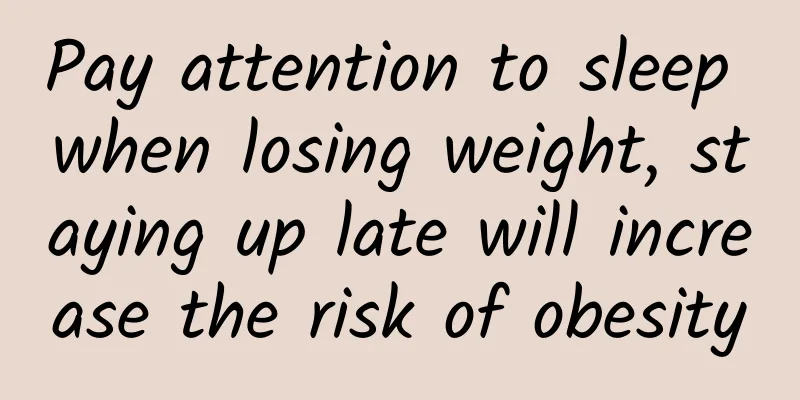No menstruation for one year after second childbirth

|
During the postpartum lactation period, pregnant women will experience amenorrhea during lactation due to the increase of prolactin, which inhibits the secretion of other hormones in the body. This is a normal physiological phenomenon. If it is not accompanied by other discomforts, there is no need to worry. This is also one of the benefits of breastfeeding. However, ovulation may sometimes occur during this physiological menopause period. Therefore, during this period, if there is no intention to get pregnant again, you should pay attention to contraceptive measures to prevent damage to the body. You should ensure your own health, eat a light and regular diet, and eat more fresh fruits, vegetables, high-protein foods and other nutritious foods. It is not easy for women to have their first menstruation after a normal birth to be very regular. Some women may have their first menstruation 2-3 months after giving birth, or even more than half a year. Although a small number of women may not have their periods for more than a year, this is also a normal phenomenon. Some women only get their periods after they stop exclusive breastfeeding. But not having menstruation after giving birth does not mean that you will not ovulate, so you must take contraceptive measures to prevent unmarried pregnancy. Some women will have their first menstruation about 42 days after giving birth. These are all normal conditions and generally heal themselves without excessive treatment. This kind of situation is possible if you don't have your period for a year after giving birth to your second child. Especially for exclusive breastfeeding, the body's lactogen level will be relatively high, which will affect the body's secretion of estrogen and estrogens, leading to menstrual disorders. If the impact is minor, there will be menstrual disorders and decreased menstrual volume; if the impact is severe, there will be long-term amenorrhea. Generally speaking, it is normal for women who are breastfeeding exclusively to not have menstruation for nine months. A very small number of women may not have menstruation for a year. So there is no need to be overly anxious. If you do not have your period for one year after giving birth to your second child, it is recommended that you go to the hospital for a fasting blood test to check six items of sex hormones, three items of estrogen and one item of thyroid hormone. The six items of hormones include follicle-stimulating hormone, luteinizing hormone, progesterone, estradiol, progesterone and testosterone to rule out hormone problems. Hyperthyroidism or hypothyroidism may cause menstrual disorders. In addition, if you do not have your period under normal circumstances during breastfeeding, you will have your period after weaning, but you will still ovulate, so you must also take good contraceptive measures. If the above factors are eliminated, you can use Chinese medicine for conditioning. |
<<: I keep having brown discharge and I don't have my period.
>>: My period is delayed for ten days and I have a lot of vaginal discharge
Recommend
After taking dihydropyridine antihypertensive drugs, I experience palpitations, headaches, and flushing. Is this normal?
A friend told Huazi that he was taking antihypert...
Gynecological treatment of uterine prolapse
Many women will experience uterine prolapse after...
Severe nasal congestion, is it because "teeth" have "grown" into the nasal cavity?
Mr. Wang (pseudonym) from Changsha never imagined...
Prevent stomach problems in winter by drinking clove warming stomach tea and nourishing the bladder meridian
Editor's note: Winter is freezing cold. If yo...
How much is the minimum hcg level for 42 days of pregnancy
Pregnant women should be highly anxious about the...
What is the reason for delayed menstruation and no leucorrhea?
There are many common diseases in women's bod...
Pain in the knee during confinement
Many women are anxious about loading and unloadin...
Postpartum pubic separation rehabilitation training
Pregnancy is a huge thing for all women, because ...
What are the benefits of playing the piano? Are the black and white keys of the piano the same width?
The piano is a very common instrument in our live...
Can pregnant women eat mayonnaise?
When a woman becomes a pregnant mother, she shoul...
What to do if the windows are not ventilated and warm in winter? What to do if the windows are not ventilated and warm in winter?
We all know that the weather is cold in winter an...
Delayed menstruation during weight loss?
Now is an era where thinness is considered beauti...
How to wear underwear for women with big breasts
As we all know, girls want to have proud breasts....
What is the reason for brown vaginal discharge before menstruation?
Women's reproductive health has begun to rece...
What to do if you suffer from itching during menstruation?
Women will definitely not have menstruation durin...









